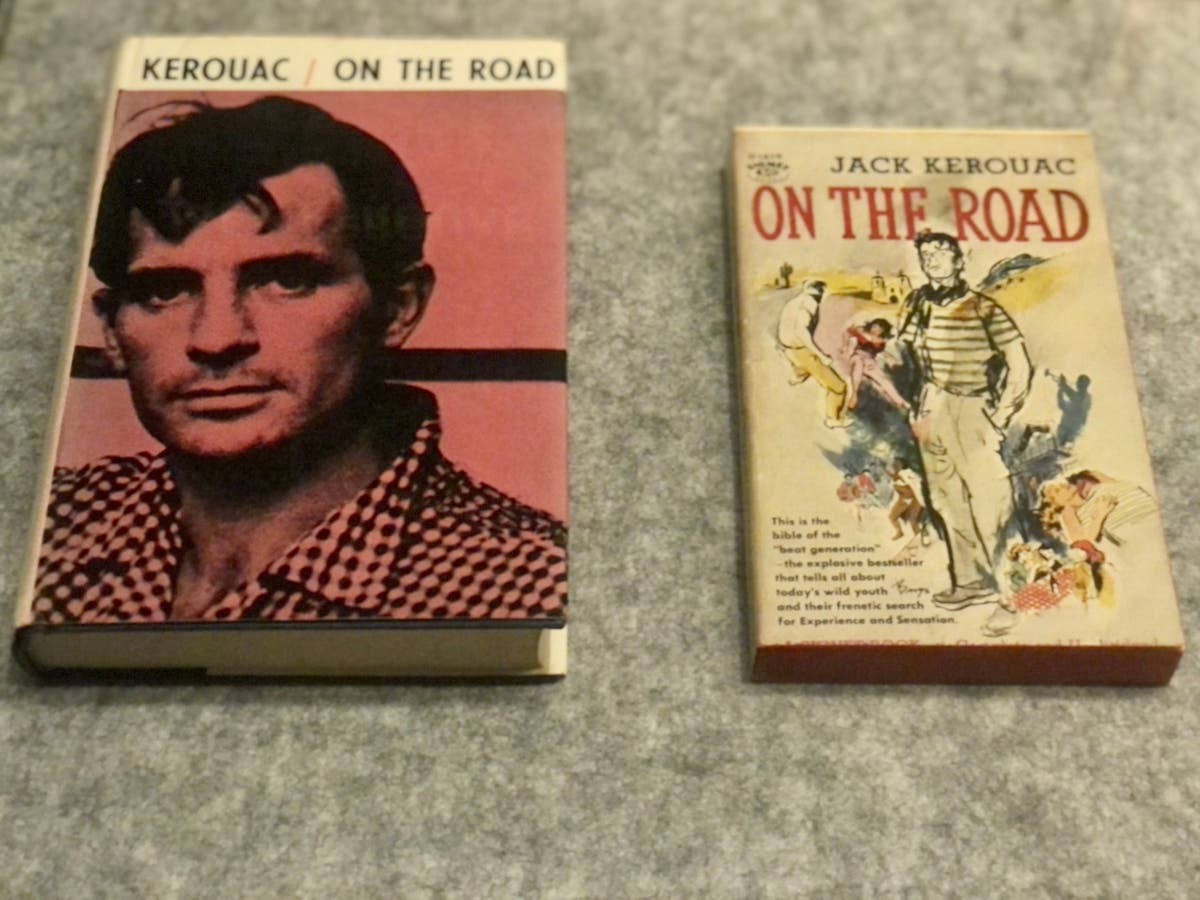We Didn’t See This One Coming: Here’s Everything You Need to Know About the Grandmillenial Décor Trend
Old is new (& on trend) again.
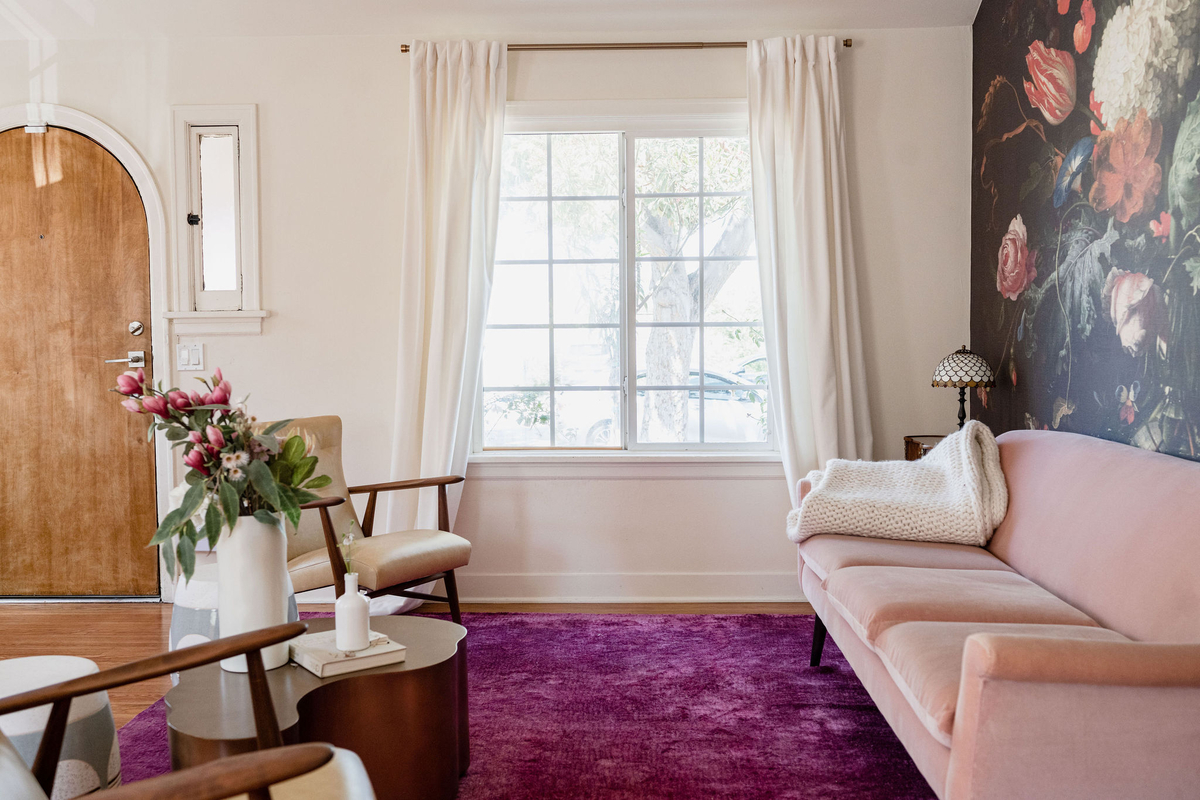
It wasn’t long ago that mid-century modern and minimalism took the design world by storm. My early twenties remember it well. While my fresh-from-college budget couldn’t afford an Eames chair and Design Within Reach felt, well… out of reach, I was thankful that these paired-back aesthetics introduced me to the concept of buying better, not more. What my nascent design-oriented mind couldn’t predict? The rise in popularity of a completely opposing trend: grandmillennial décor.
Haven’t heard of grandmillennial décor yet? Get ready to check in on those family heirlooms. A contrast to the more minimalist and modern aesthetics that have inspired our homes for the past decade, the grandmillennial trend is deeply rooted in nostalgia and tradition. But don’t knock it for being stuffy. The style is authentic and carefully crafted, drawing upon individually-curated tastes and defining design values of the past for inspiration.
To learn more about this hard-to-pin-down aesthetic, plus get expert advice for bringing it into your space, I tapped Cameron Johnson, CEO & founder of the Texas-based interior design firm, Nickson Living. With your design palate whetted, let’s dive in for more.
Feature image by Teal Thomsen.
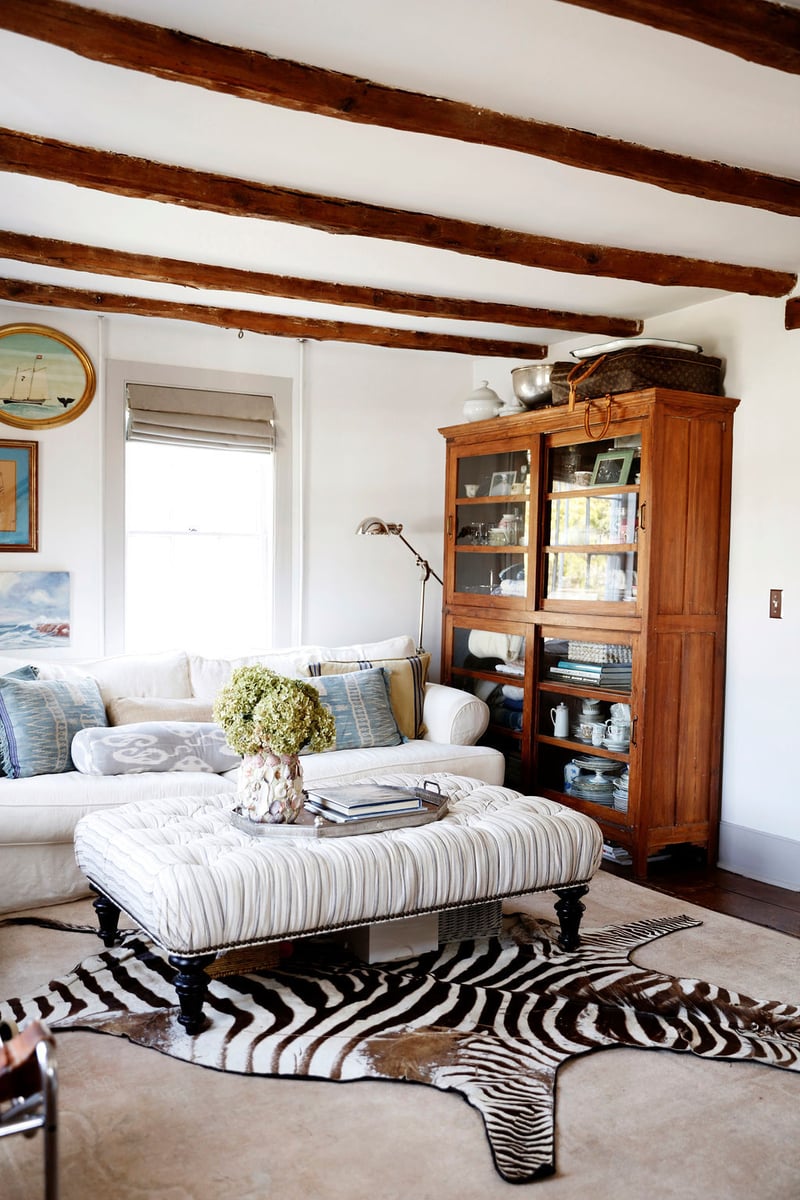
Image by Belathée Photography
What is Grandmillennial décor?
Cameron’s initial take? “Grandmillennial décor is an emerging design style that melds ‘old world’ décor with ‘current day’ décor to create a coherent contemporary collection.” It’s true, “grandmillennial” is the perfect portmanteau, encapsulating an aesthetic that blends classic comfort with ornate sentimentality.
The style was originally coined by writer Emma Bazilian in House Beautiful back in 2019. Her definition sought to capture a style of interior design that was a noticeably striking deviation from the uniform, and admittedly generic, trends dominating our social feeds. I remember the moment well: suddenly, neutrals felt too stark, minimalism too templatized, and for homeowners and apartment dwellers in our 20s and 30s, everything was a bit stale, uninspired, and unfortunately, the same.
Grandmillennial style, on the other hand, creates space for a little chintz and a lot of character. Quoted in Better Homes & Gardens, interior designer Nancy Charbonneau lauds the style for the originality it encourages. “It liberates you to make design choices and create a space that is anything but sterile and cookie-cutter. This grand style encourages you to be different, and I think, especially today, that speaks to a lot of people.”
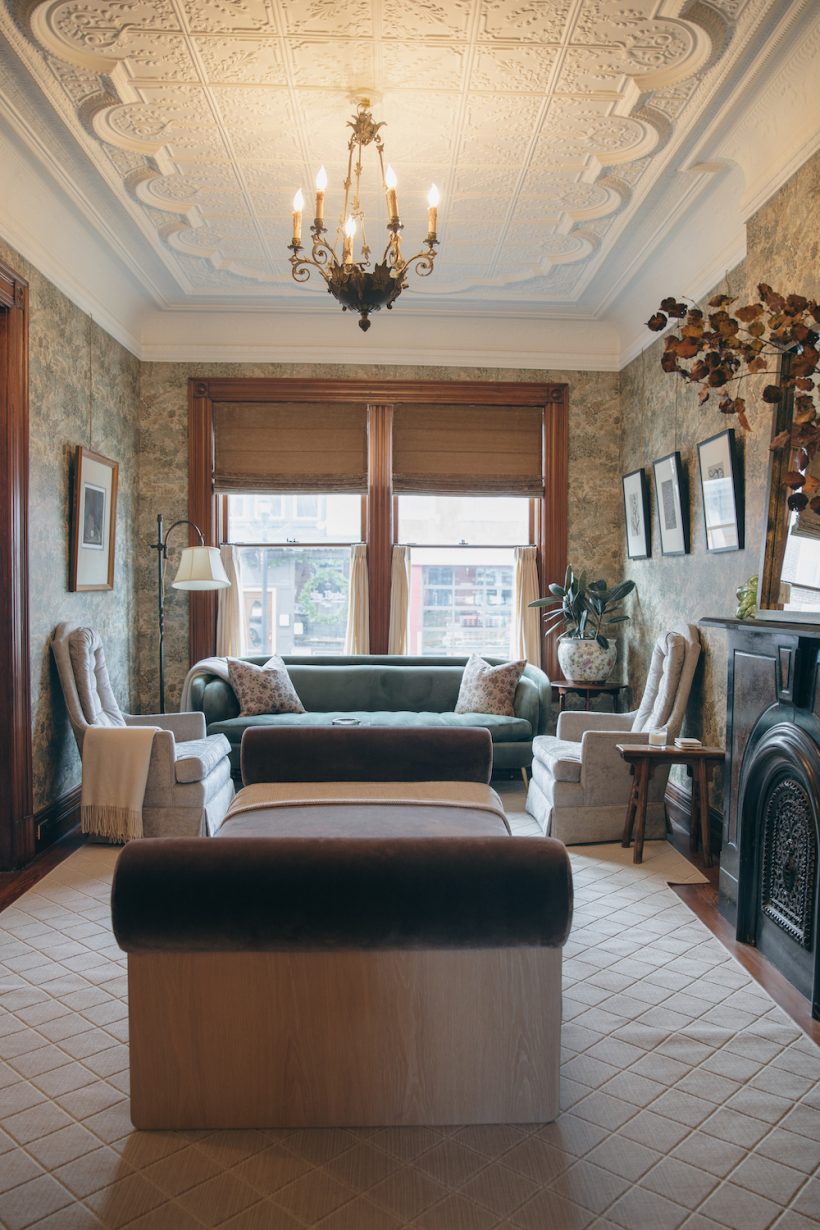
Image of Nicole Fisher’s Hudson, NY brownstone by Helena Palazzi/Yellowhouse Production.
What inspired grandmillennial décor?
Alluded to above, grandmillennial décor arose from a wave of nostalgia, with millennials seeking a departure from the mass-produced styles that have defined the past several years of design. It stems from and celebrates well-made pieces and tradition, but at its core, grandmillennial style supports a curated space that’s entirely your own.
Adding to this, Johnson cites the shifts and trends in pop culture as having a significant influence over grandmillennial’s emergence. “We’ve seen Hollywood pushing the ‘old world’ in many popular series and movies and then subsequently seen the décor and themes of the content start to pervade everyday life,” says the entrepreneur.
Johnson lists off some of the most well-known films and shows of the past decade for emphasis. Case in point, the 2013 remake of The Great Gatsby compounded by the popularity of Downtown Abbey, Mad Men, and of course, Bridgerton. “Another aspect giving way to the trend is simply the pandemic’s focus on home, global supply constraints, and a push for sustainability. Embracing the grandmillennial trend means gaining unique décor with meaning and a sense of responsibility.”
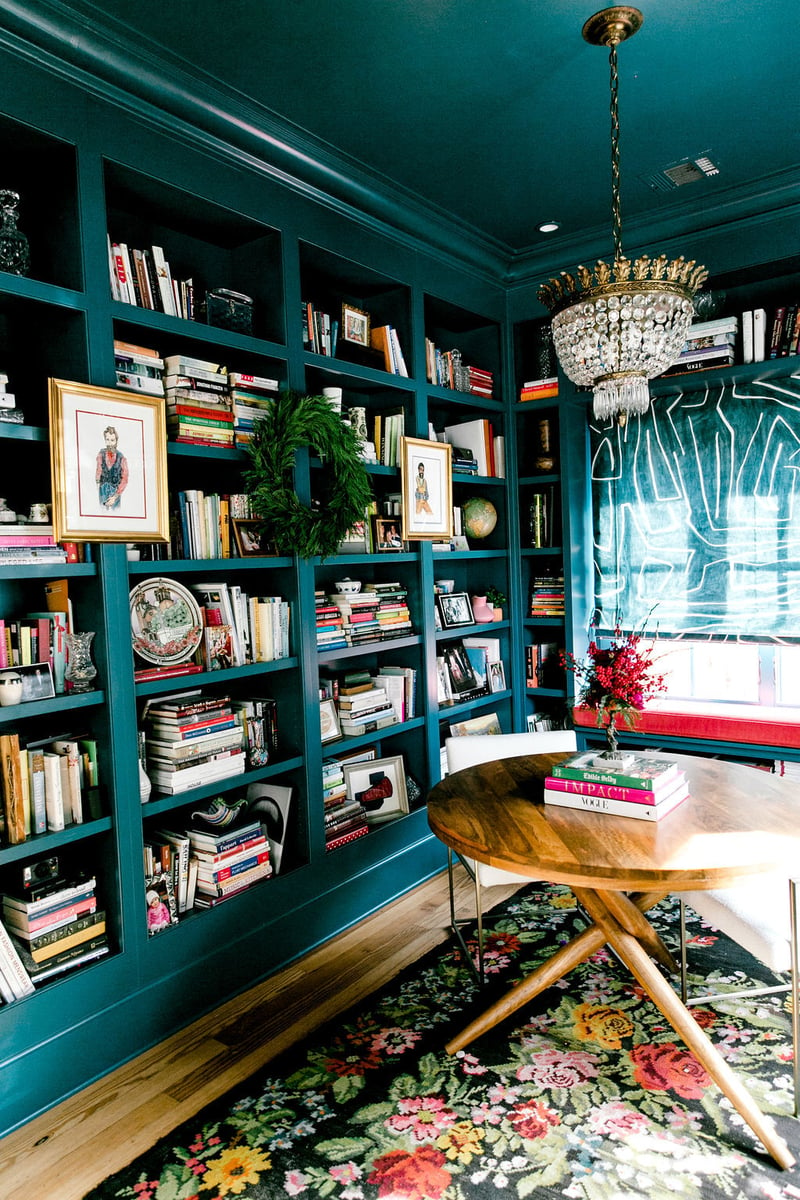
Image by Hannah Haston
How has grandmillennial décor impacted the design world?
For all the Frank Lloyd Wright fans and minimalists at heart, take comfort. “Based on what we have seen, grandmillennial décor is not replacing other trends (e.g. minimalism) per se,” notes Johnson. “Rather, the trend appears to be a way to deepen and complement one’s underlying design style.”
Grandmillennial highlights the best of design, diverse and as varied as it may sometimes be. “A minimalist design can be crafted using a modern fabric sofa or by allowing a reclaimed tufted leather sofa to carry the design,” Johnson observes.
While grandmillennial décor certainly has a lot going for it, Johnson makes a convincing argument for adopting it yourself—and doing so ASAP. “It can be incorporated into a design on a piece-by-piece basis. For example, imagine replacing a modern standing office desk with an old wood banker’s desk and still having it accented with an ultra-wide curved monitor.”
I’m imagining it now—and the impact is stunning.
What key design elements comprise the trend?
According to Johnson, foundational elements of grandmillennial style include “décor which could be fit to pass between generations. It often provides the ‘old world’ base which is then accessorized or accented by modern-day décor.” Specifically, this could look like:
heirloomsfine Chinabrown wood furniture tassels and fringechinoiserie wickerwallpaper and mixed pattern textiles
 ShanonG
ShanonG 








